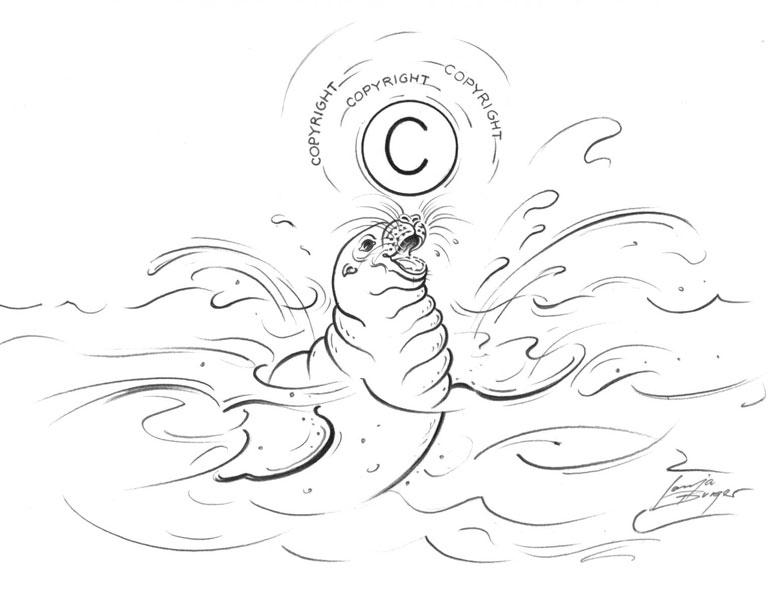
Copyright
Copyright and
Neighboring Rights were once limited to the protection of literary and
artistic works according to The Bern Convention of 1886.
Most national systems
and formalities to obtain Copyright protection were made obsolete by
this convention. The principle of applying the law of the
protecting country (where acts take place against which protection is
sought) leads to divergent approaches to copyright issues and may cause
conflicts between laws. The "subject matter" (GB: "subjects" of
protection), may be artistic works in the traditional sense, industrial
and computer-related designs, integrated circuits, computer software and
related documentation or even business methods. Furthermore,
national laws of unfair competition can protect a work or other products
from being copied. So called "minimal originality" or "minimal
requirement of creativity" or "individuality" are criteria to obtain
enforceable Copyright protection. Such criteria vary considerably
with the national policies and culture of a country.
To avoid
misinterpretation, we always clarify specific questions using our
network of international Associates prior to giving legal advice
concerning Copyright in foreign countries.
The exclusivity of
Copyright extends for the life of the creator and then 70 years after
his death. This demands a high degree of originality and has to limit
the scope of protection to serve public interest.
